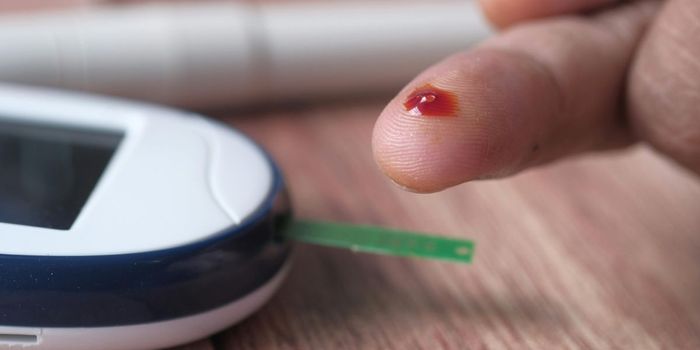The embattled Elizabeth Holmes and Theranos are in hot water again as new research reports the one-drop blood testing method to be insufficient and inaccurate.
The impetus for the study came when researchers noticed some inconsistencies in their control results. "Students in my lab are developing novel, low-cost platforms for anemia, platelet and white blood cell testing in low-resource settings, and one of my students, Meaghan Bond, noticed there was wide variation in some of the benchmark tests that she was performing on hospital-grade blood analyzers," said senior investigator Rebecca Richards-Kortum, a Rice University professor and director of the Rice 360°: Institute for Global Health Technologies.
Controls are designed to be indicators of a test’s accuracy, so this led the researchers to probe at the cause of the problem. They designed an experiment to test whether the problem was caused by variation in blood drops drawn from a single finger prick. They drew six successive 20-microliter droplets of blood from 11 donors, and 10 successive 10-microliter droplets from seven additional donors. As controls, they used blood collected via traditional venipuncture method that draws tubes of blood from an arm vein.
Each blood sample was analyzed for hemoglobin concentration, total white blood count (WBC), platelet count and three-part WBC differential, a test that measures the ratio of different types of white blood cells, including lymphocytes and granulocytes. They found that each drop showed significant variation in all three measurements. “Some of the differences were surprising,” Bond said. “For example, in some donors, the hemoglobin concentration changed by more than two grams per deciliter in the span of two successive drops of blood.”
The results of the droplet test only become comparable and consistent to that of venous blood draws when the researchers averaged the results of six to nine blood drops. That’s six to nine times more blood than what Theranos is reporting!
“Our results show that people need to take care to administer fingerprick tests in a way that produces accurate results because accuracy in these tests is increasingly important for diagnosing conditions like anemia, infections and sickle-cell anemia, malaria, HIV and other diseases.” Meaghan Bond, study first author.
In other words, a single drop of blood is simply far too small to yield accurate and reliable diagnostic results. The result of this study is just another piece of damning evidence against Theranos, whose sole claim to startup fame is the droplet blood test. So far the company has remained disparagingly hush-hush. Critics are quick to point out that Theranos overvalues propriety, as the company has yet to publish any peer-review literature on its purported technologies.
Sources:
Am. J. Clin. Pathology,
Rice News









